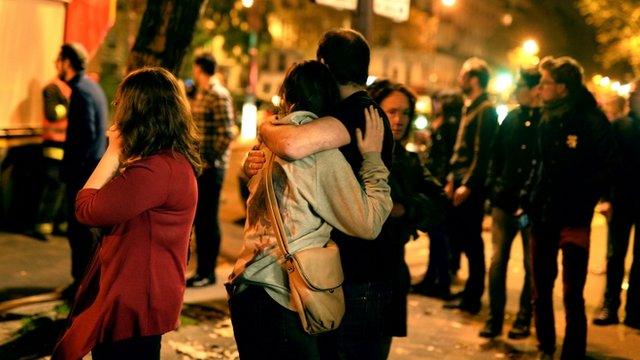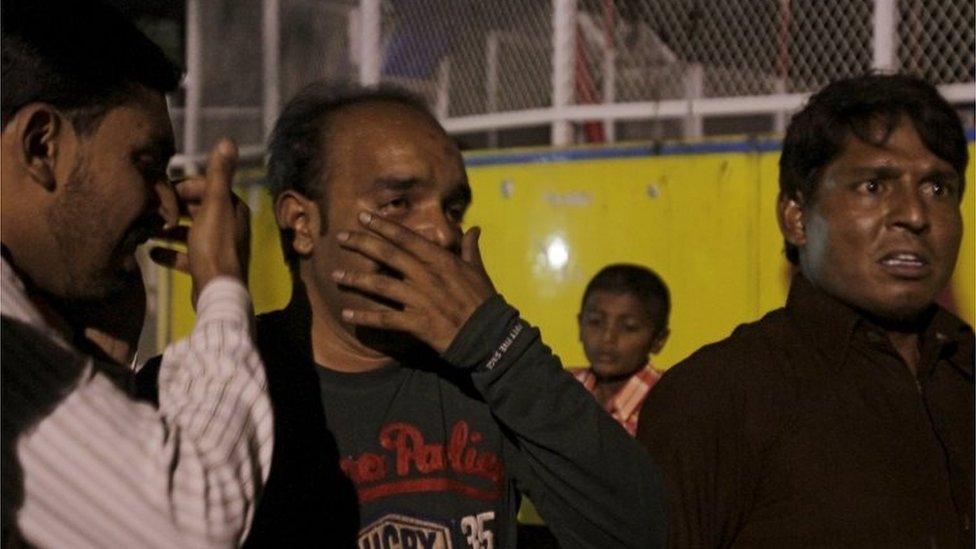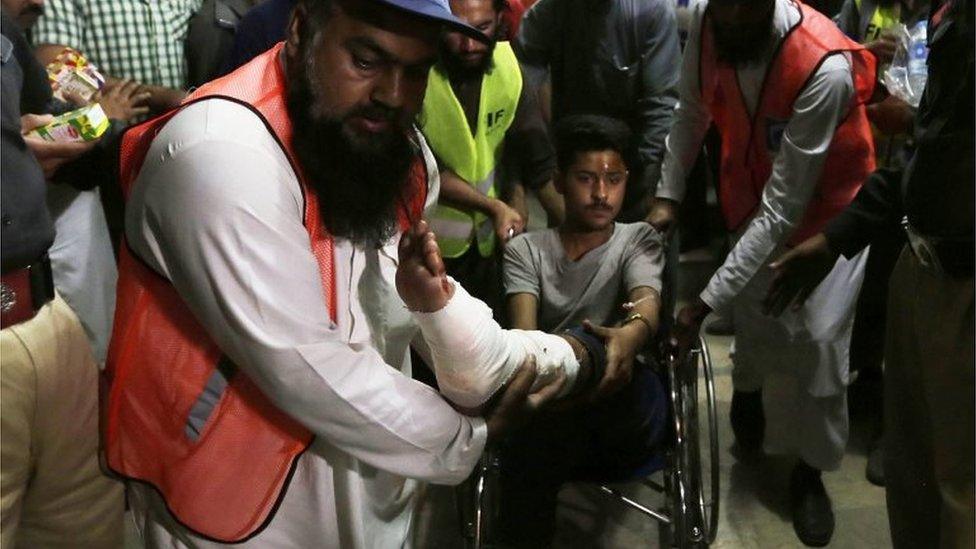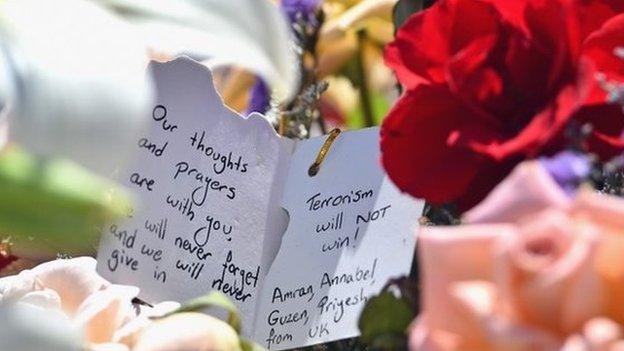Facebook apology after Lahore attack
- Published

The Safety Check system was used in the aftermath of terror attacks after events in Paris in November 215
Facebook has apologised after its Safety Check system wrongly asked people if they were caught in a bomb attack in Pakistan.
The suicide attack on Sunday in a Lahore park killed more than 70 people, including children.
Facebook's Safety Check system activates after a tragedy to help people let others know they are safe.
The social network blamed a "bug" for the warnings sent to people thousands of miles away from Pakistan.
Responsibility for the attack on Sunday has been claimed by a Taliban splinter group called Jamaat-ul-Ahrar, which said it targeted Christians celebrating Easter.
Police are still looking in to the claim.
Mistaken message
The Safety Check system is supposed to be a quick way for members of the social network to let friends and family know they are safe if they are caught up in or are close to a natural disaster or attack.
On this occasion, many were made anxious when they received a message because it simply asked "Are you affected by the explosion?" without giving information about how close that person was to any potential threat.
People in the US, India, UK, Hawaii and many other places wrongly received warnings. Many shared images of the messages on social networks.
"Unfortunately, many people not affected by the crisis received a notification asking if they were okay," said Facebook in a statement, external.
"This kind of bug is counter to our intent," it added. "We worked quickly to resolve the issue and we apologise to anyone who mistakenly received the notification."
The problem is the latest in a series that the Safety Check feature has suffered. Last year, Facebook began to use the system more widely after being criticised about when it was employed. Criticism was levelled at it because it was used for the large-scale attacks in Paris but not subsequently for similar-style bombings in Beirut.
Safety Check was originally developed for use after natural disasters but was expanded to include terror attacks after Paris.
- Published27 March 2016

- Published28 March 2016

- Published29 February 2016
